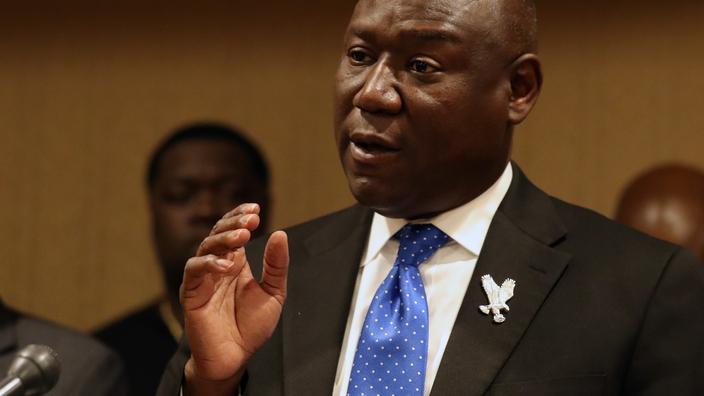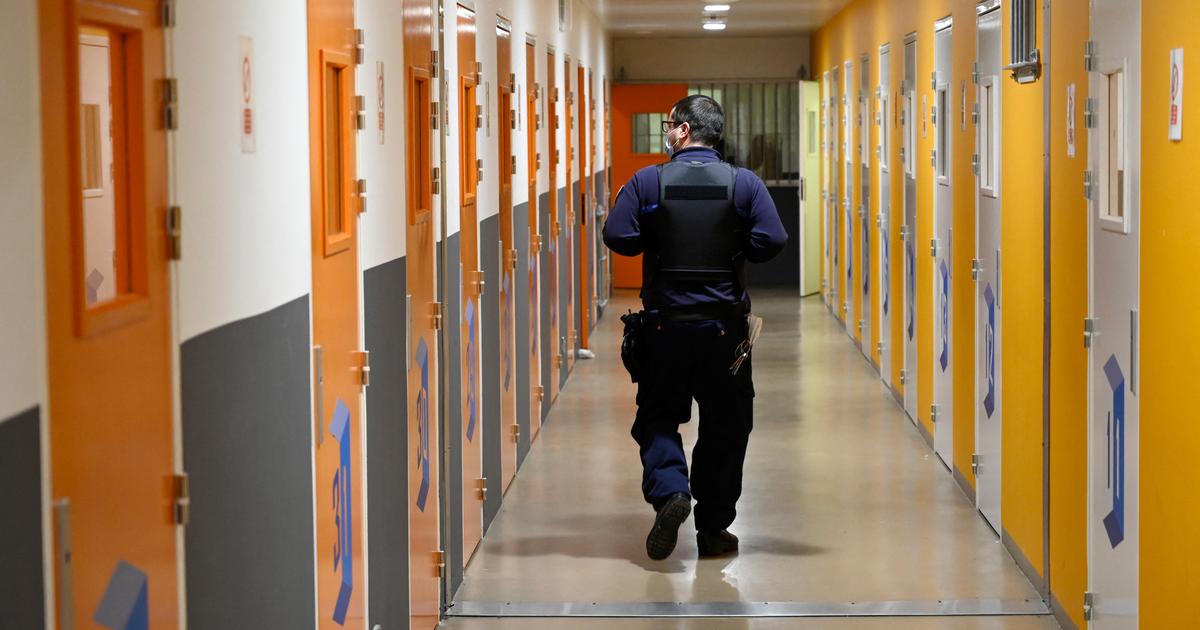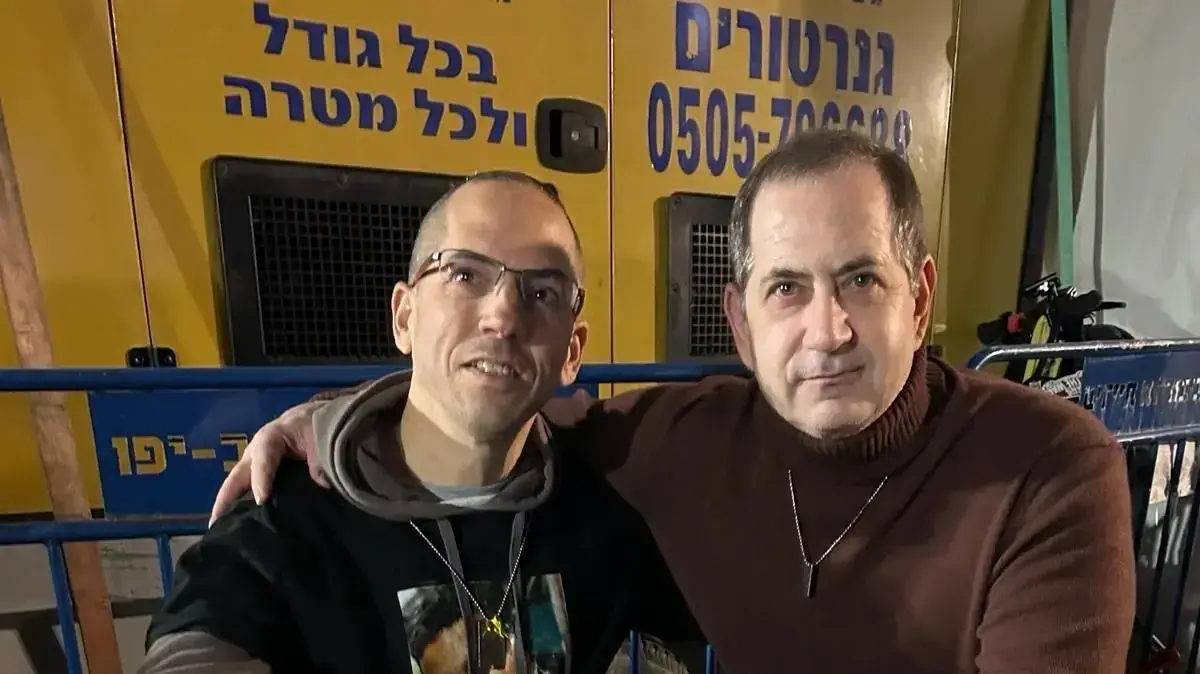The family of Henrietta Lacks, an African-American whose cells taken without her knowledge have revolutionized modern medicine, announced Thursday, July 29, their intention to file a complaint against the pharmaceutical groups who took advantage of it.
“They've been using their cells for 70 years and the Lacks family has received nothing in return for this theft,”
her granddaughter Kimberly Lacks told a press conference.
"They treated her like a laboratory rat, as if she was not human, that she had no family,"
she continued, demanding
"justice for this racist and unethical treatment . "
Read also: The immortal life of Henrietta Lacks
In 1951, Henrietta Lacks, 31, died of cervical cancer at Johns Hopkins Hospital in Baltimore.
During attempts to treat her, cells from her tumor had been taken and transmitted to a researcher without her knowing anything.
He quickly understood that his cells, renamed HeLa cells, had extraordinary qualities: they could be cultivated in vitro, either outside the human body, and multiply ad infinitum.
They have since enabled laboratories around the world to develop vaccines - especially against polio -, cancer treatments and certain cloning techniques, an industry worth billions of dollars.
The Lacks family has been operated for too long and they say it's over.
"
Ben Crump, family lawyer
Progress that the family of Henrietta Lacks knew nothing about until the 1970s and of which it only really understood the scope thanks to the work of Rebecca Skloot, author in 2010 of the bestseller
The Immortal Life of Henrietta Lacks
.
"The Lacks family has been exploited for too long and they say it's over,"
her grandson Alfred Carter said Thursday, announcing that she had chosen to be represented in court by the famous civil rights lawyer. , Ben Crump. Known for his defense of relatives of police victims including George Floyd, the latter said he would file a complaint on October 4 for the 70th anniversary of the disputed samples.
"Black lives must be fully appreciated in America"
, he said in a nod to the Black Lives Matter movement and its other struggles.
"A very interesting debate"
His colleague Christopher Seeger said that the complaint would concern
"all those who have benefited from the use of HeLa cells and who have not reached an agreement with the family to compensate them"
.
In 2013, an agreement was reached between the descendants of Henrietta Lacks and Johns Hopkins University for two family members to sit on a committee responsible for authorizing future uses of HeLa cells.
But the agreement did not include any financial component.
"John Hopkins has never sold or profited from the discovery or distribution of HeLa cells and does not own the rights to these cells"
, however, notes the institution on its site.
Read also: Why Henrietta Lacks cells are immortal
Ellen Wright Clayton, a professor at the Biomedical Ethics and Society at Vanderbilt University, says it may be difficult for the Lacks family to
“get restitution”
in court. The American courts have so far
"been very reluctant to grant some control to humans over their samples," she
recalls in an interview with AFP. But
"this will open an interesting debate"
, she predicts: it will focus on
"the tension between the common desire to promote research and the right of individuals to control their
personal
data"
in a society where this control is increasingly. limit.



/cloudfront-eu-central-1.images.arcpublishing.com/prisa/V6PAJ7OIKO4NO7NV7GCNE3UIMA.jpg)





/cloudfront-eu-central-1.images.arcpublishing.com/prisa/QZBKEHFL6RHI5FSPQNNBZGIIUA.jpg)





